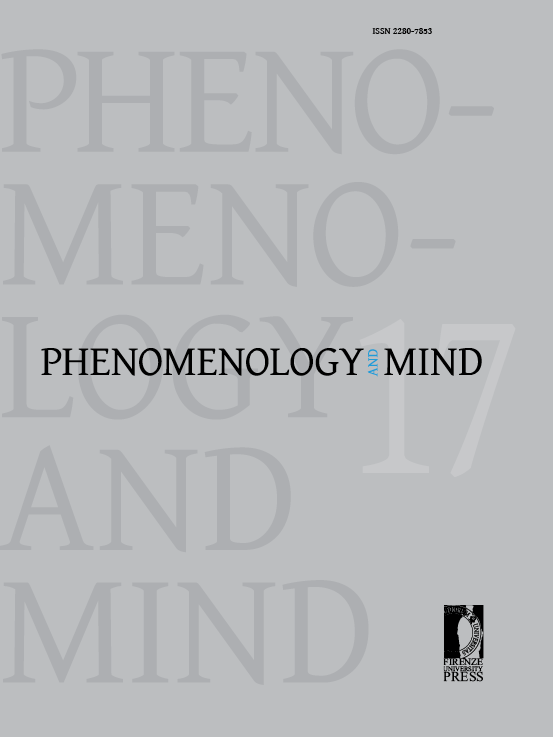Published 2019-12-15
Keywords
- Kripkenstein,
- biosemantics,
- normativity,
- biological functions,
- core cognition
- numerical cognition,
- approximate number system,
- rule-following ...More
How to Cite
Abstract
Saul Kripke’s (1982) sceptical take on Wittgenstein’s rule-following paradox challenges us to find facts that can justify one interpretation of a symbol’s past use over another. While Ruth Millikan (1990) has answered this challenge by appealing to biological purposes, her answer has been criticized for failing to account for the normativity of rules like addition, which require explicit representations. In this paper, I offer a defense of Millikan. I claim that we can explain how we build intentions to add from the content of core cognition modules like the approximate number system, and argue that Millikan’s answer is better equipped to explain the origins of rules than communitarian approaches like that endorsed by Kusch (2006). I then explore the worth of pluralism about rules and try to find common ground between expressed and unexpressed rules in terms of expectations of how the world is supposed to behave.

